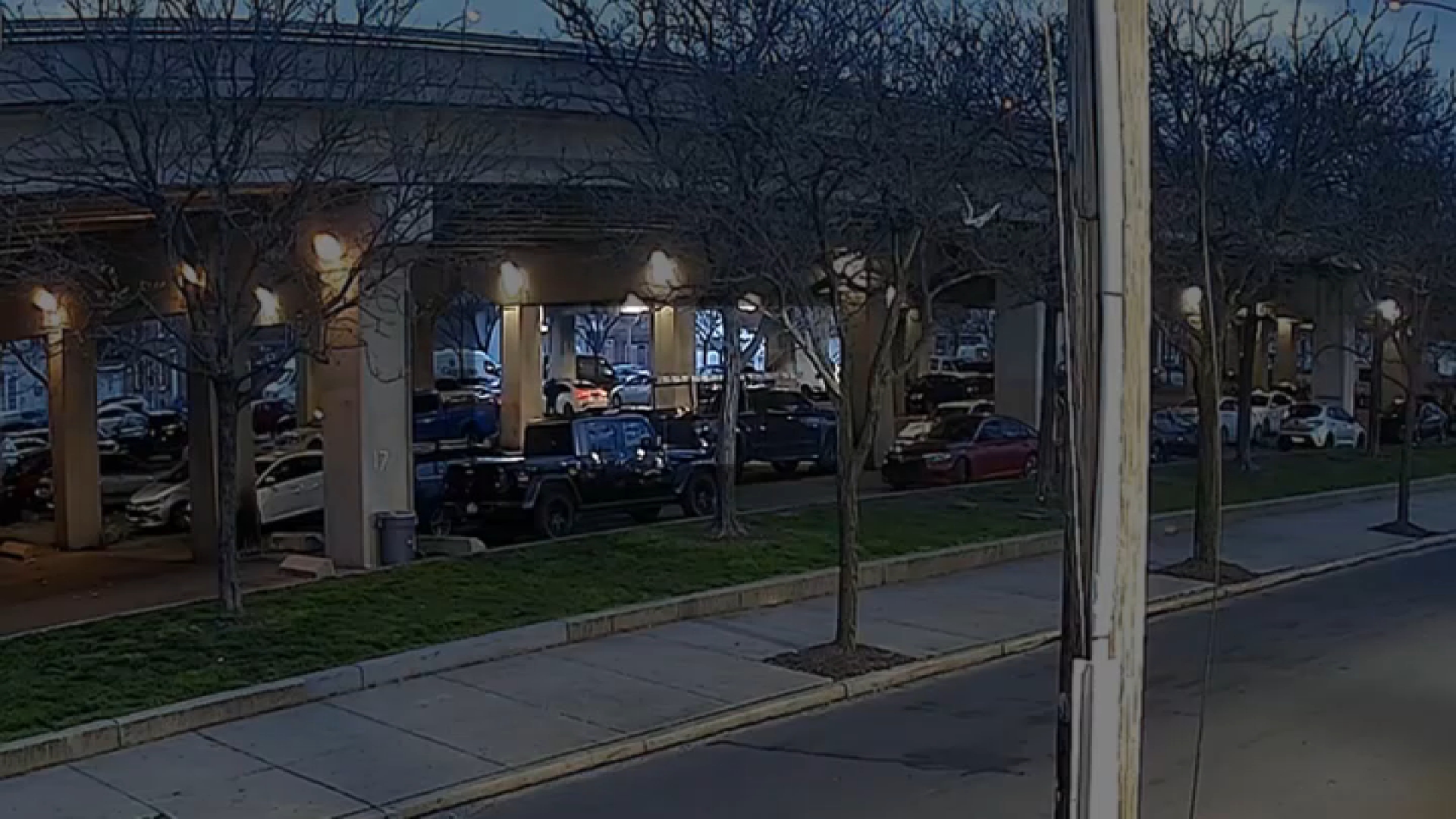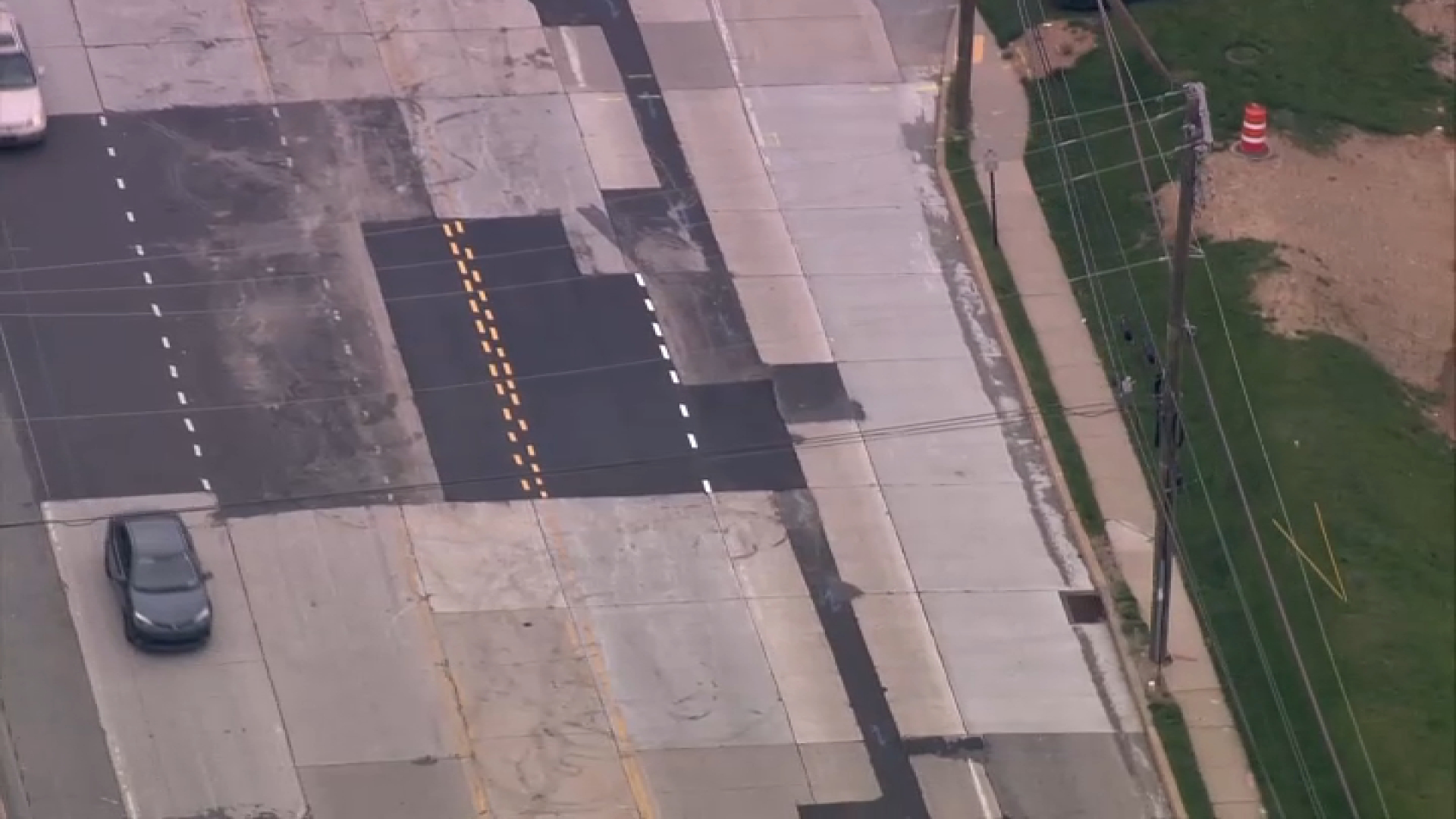After having been unemployed for several months, Heather Spearline decided it was finally time to ask for help.
"I had my mom saying, 'It seems they're giving food stamps away like crazy, why don't you see if you qualify,' " Spearline, of Shaler, told the Pittsburgh Post-Gazette.
But she didn't qualify — because of a measure reinstituted last year by the state's Department of Public Welfare: an asset test for food stamp applicants.
Anyone over age 60 or who is disabled with more than $9,000 in assets no longer qualifies for food stamps in Pennsylvania; applicants under age 60 are disqualified if they have more than $5,500 in assets. The Corbett administration said the move would safeguard taxpayer dollars and ensure only the truly needy get public benefits.
But advocates who decried the move last year say their fears have come to pass -- the limits have disqualified only a minuscule number of the program's applicants but present an additional barrier in terms of bureaucracy.
"There's probably a lot of people in my situation, that have worked all their life," said Spearline, who lost her job as a nurse after being hospitalized last year. "They have a certain work ethic. They feel they should be working, and when they can't, it's devastating.
"And when you find you don't qualify for any help because you worked too hard, because you own too much. ... (I'm) angry, I guess. I've never been one to depend on the government. I never even wanted to ask for help."
Local
Breaking news and the stories that matter to your neighborhood.
Spearline is living on her savings, using it to pay her mortgage and utility bills, she said.
The asset test had been dropped in 2008, in light of the increased need caused by the recession, until it was reinstituted last May.
About 4,000 families have been denied assistance in the last year or have lost their benefits due to what the DPW calls "excess resources."
There are more than 1.8 million total food stamp recipients statewide.
Such tests can be harmful due to the volume of paperwork and caseworkers' time they can tie up, but also because they discourage savings, said Elizabeth Lower-Basch, an expert on policies that impact low-income people at CLASP, a Washington, D.C., think tank.
"It sends the wrong signal," she said. "It encourages people to spend down rather than put money in the bank and save it against future needs."
That concern is shared by the Greater Pittsburgh Community Food Bank, said Iris Valanti, the agency's spokeswoman.
"If you want people to get jobs or go back to school, you need to make some benefits available so they can do that. ... If people are allowed to build up a little bit of money, they can get back on their feet. They can get a car, they can go back to school, they can lift themselves up."
Under the state's rules, if an applicant owns his own home, that is exempt from the asset test, though any other real estate owned is not, unless it meets certain exceptions. Similarly, one vehicle is exempt from the test, a second vehicle is not. Savings and checking accounts, cash, stocks and bonds count toward the limit, though savings in an IRA account don't.
But these kind of complications — one type of savings account is exempt though another is not — are exactly why the test is prone to error and shouldn't have been instituted in the first place, said advocate Ken Regal, a director of Just Harvest, a Pittsburgh anti-hunger group.
"It's just extra work. It's just bookkeeping," Regal said. "It doesn't weed a significant number of people out for the work that is involved."
Regal and other advocates for the needy point to the high number of people rejected every month for missing verification documents and paperwork as evidence that the test just adds an extra burden to an already complex process.
Of the approximately 80,000 applications for food assistance to the DPW every month, typically one-third are rejected; the most common reason for rejection is because they are missing some type of verification document.
The DPW says the number of applicants rejected for failing to provide required paperwork has not changed substantially since the asset test was implemented, "indicating to us that the asset test has not played (a) significant role in regards to failure to provide information," said Anne Bale, an agency spokeswoman.
The agency only tracks if applicants are denied for failure to provide required paperwork in general, however, not failure to provide asset information, Bale said.
"We think if it was specifically because of asset information, you would see some sort of spike after May 1," Bale said.
"There has been a lot of question and conversation about the need for the asset test," Bale said. "But people with over $10,000 in assets were applying for food stamps. In this day and age, we need people to turn to their own resources first. I think it is doing what it is intended to do,"
Across the country, 13 other states have asset tests for food assistance and 36 do not.
"It's relatively unusual to do what Pennsylvania is now doing," Lower-Basch said, in that Pennsylvania dropped its asset test but then reinstituted it and has a higher asset limit than the federal minimum.
Food stamps, known as the Supplemental Nutrition Assistance Program, are administered by the U.S. Department of Agriculture. Individual states share the cost of administering the program and are permitted to apply asset tests, as long as the minimum amount of assets is set no lower than $2,000.
In Pennsylvania, people can access the program if they make 160 percent of the federal poverty level or less. Households with an elderly or disabled person can access the program at up to 200 percent of the federal poverty level. For a family of four, the poverty level is $23,550.
Joe Arthur, executive director of Central Pennsylvania Food Bank and chairman of Feeding Pennsylvania, said because there are already income limits in place, adding the asset test was not necessary and can be especially harmful to the elderly.
"It creates that atmosphere of, 'Gee, you really shouldn't be doing this. The SNAP benefits are not for you.' There already is an income test on it," he said.
Further, Arthur added, "The benefits themselves are federally funded. The state does not save a dollar when those benefits are reduced, because those are federal dollars."
In the meantime, Spearline will continue looking for work.
"Everything's uncertain," she said. "I don't know when a job will come along. I don't know how long my savings will last. If I could get some food stamps, it would lift some of the burden from my shoulders. I worked so hard to be where I am."



